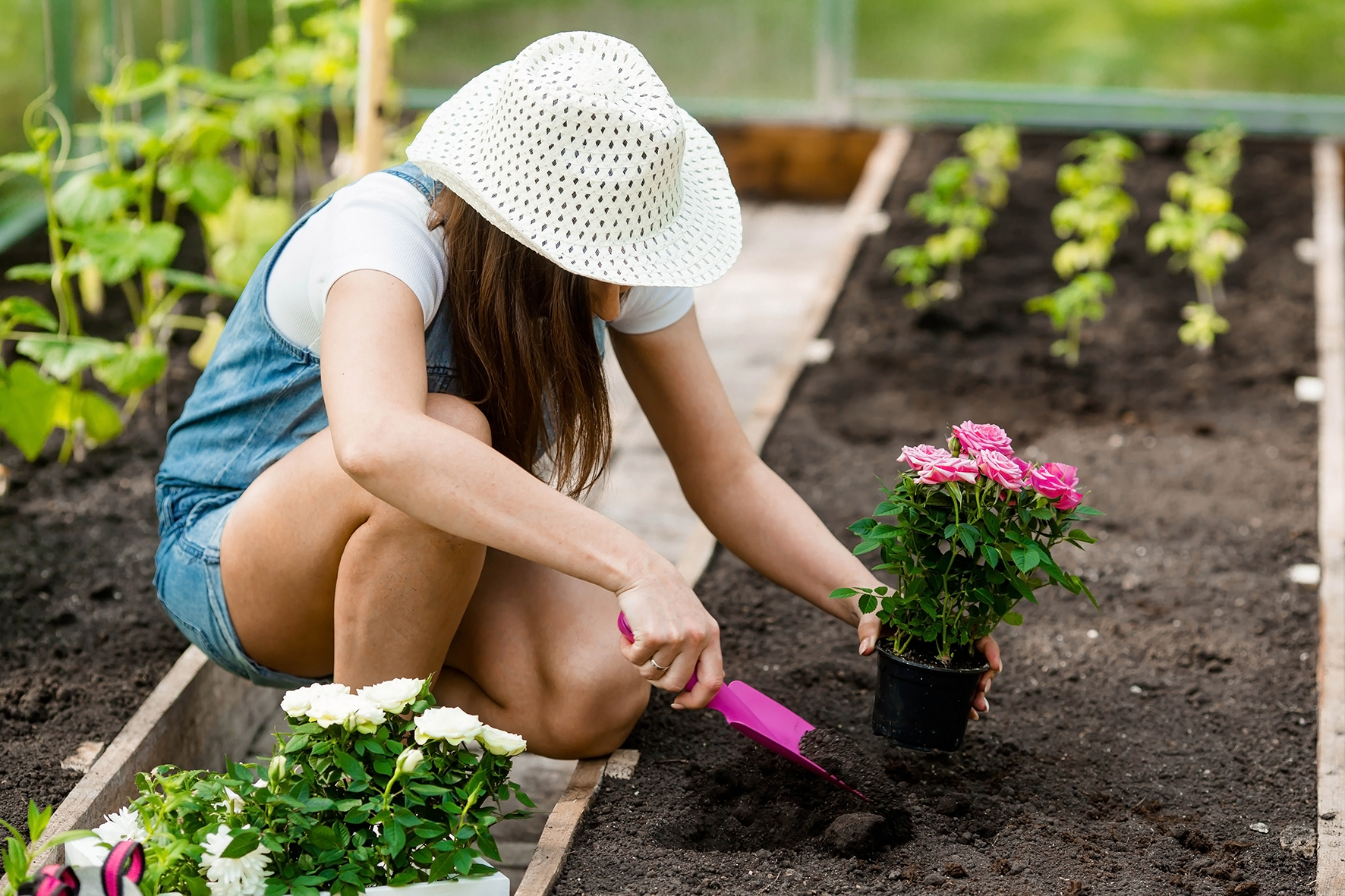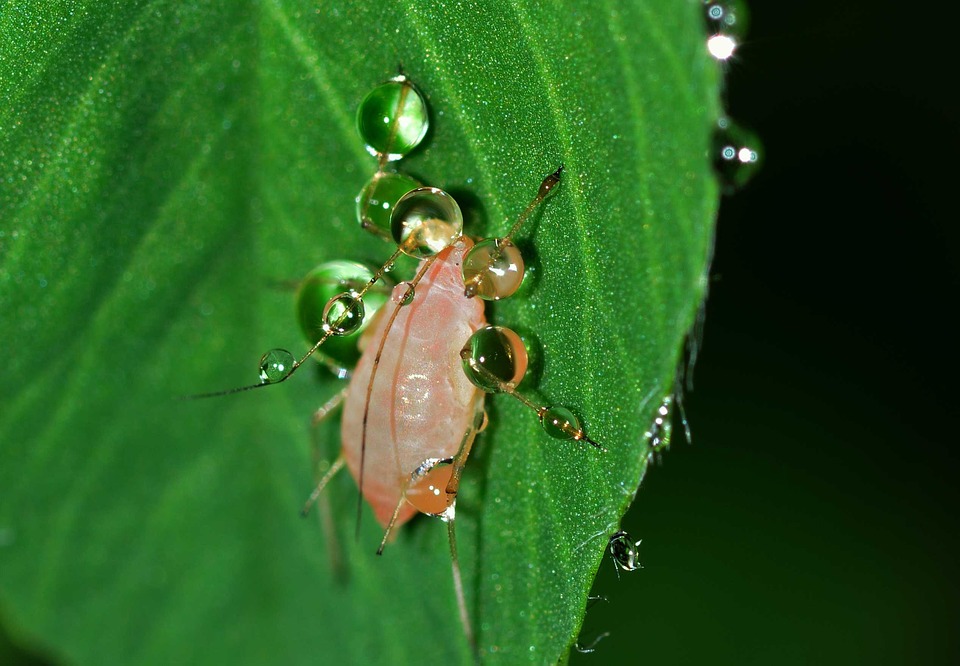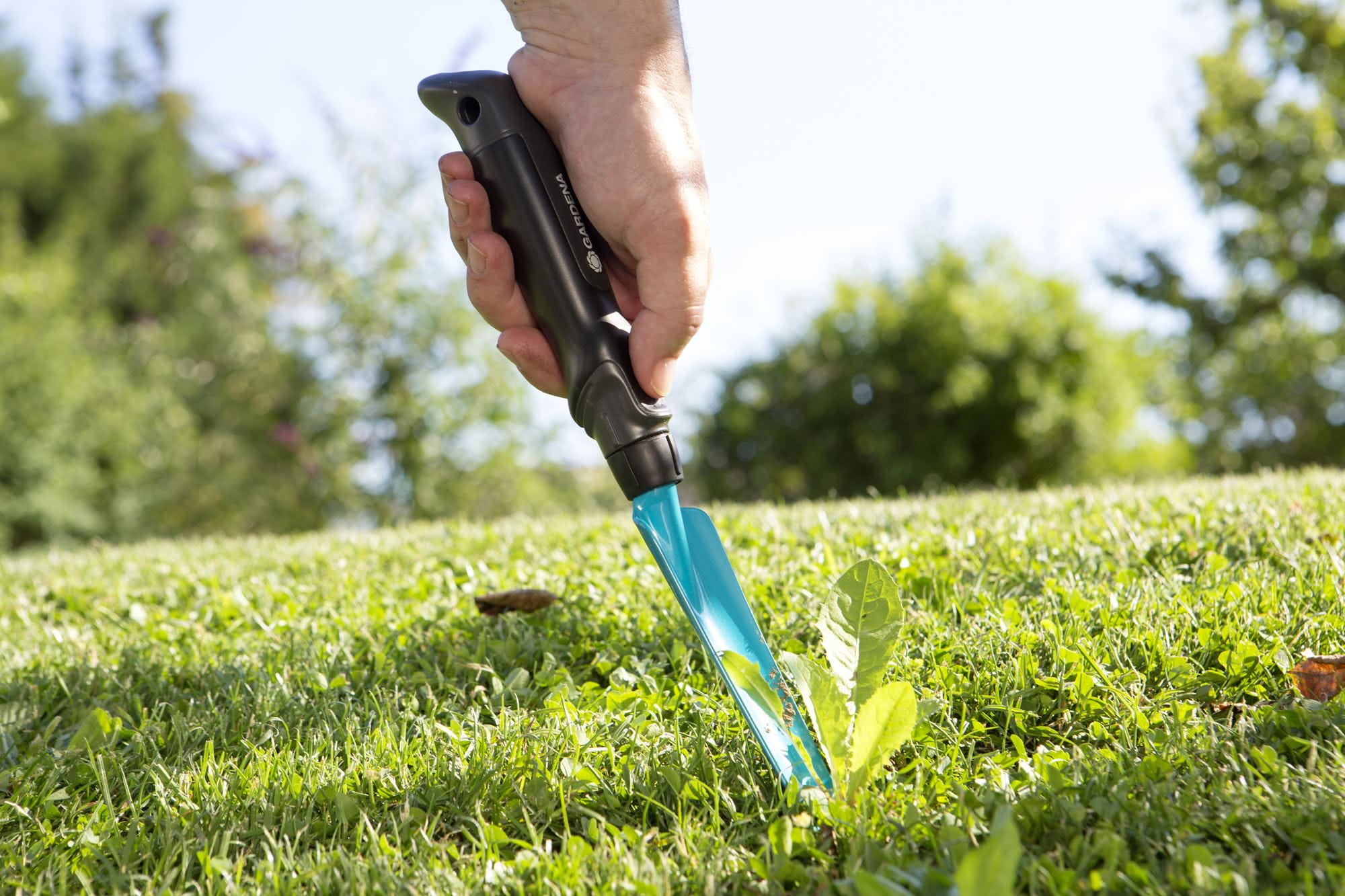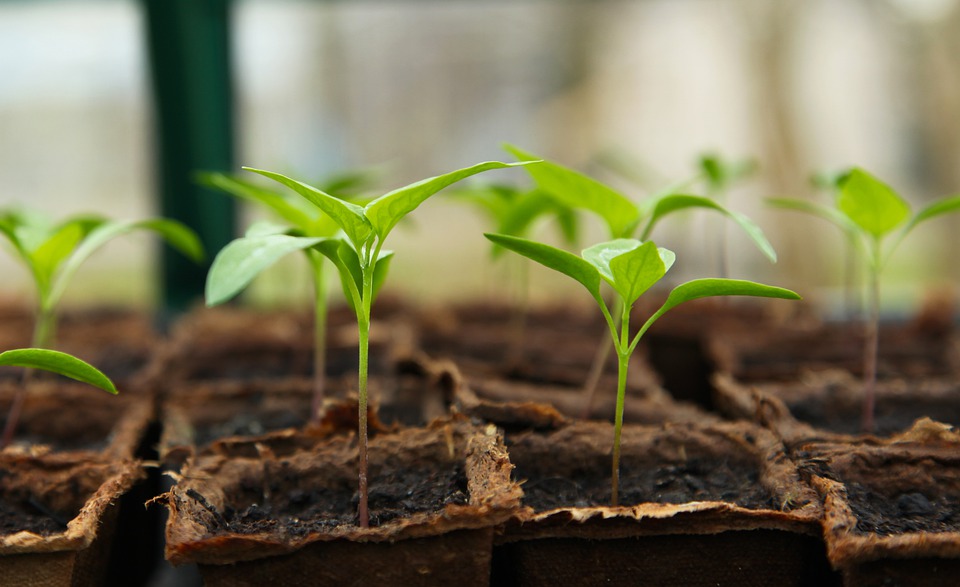At-home gardeners are always looking for advice from master gardeners. However, did you know that there are certain things that even experts won’t tell you?
Don’t Waste Your Money on Anti-weed Fabric
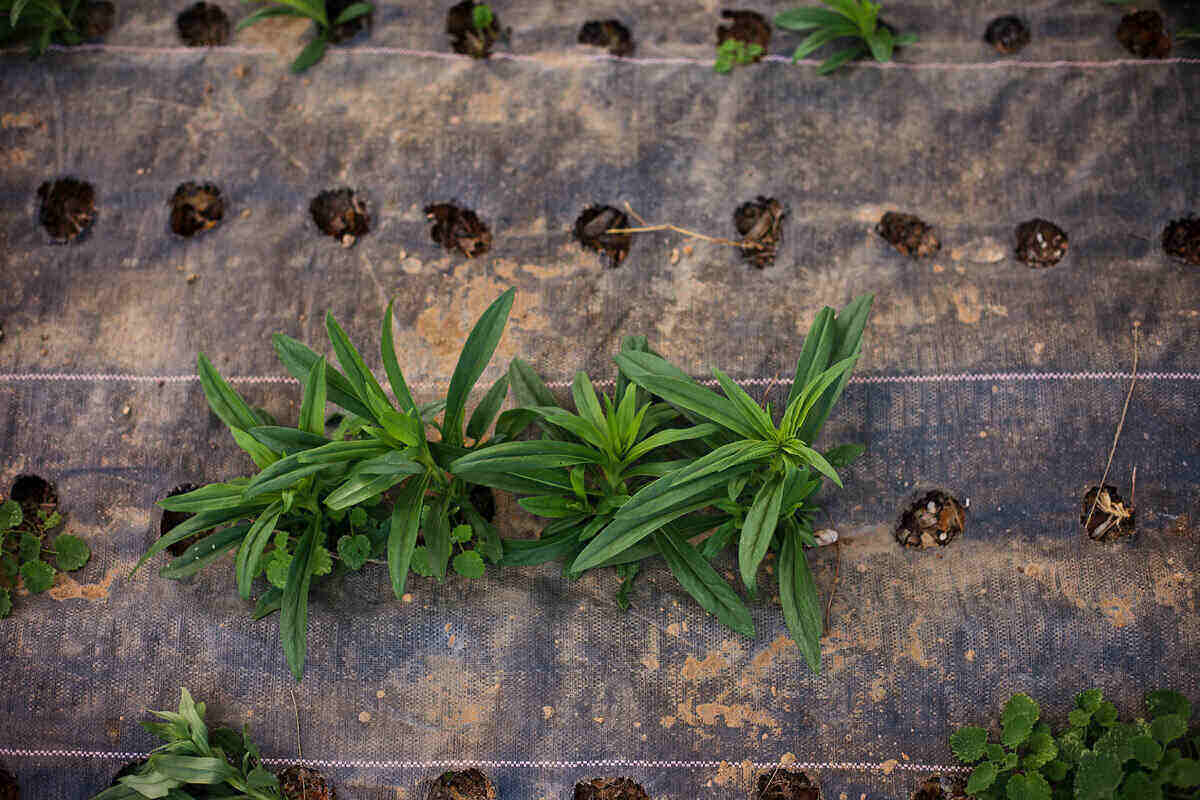 Weeds are just plants that are really good at what they do and their job is to suck up all the nutrients from the soil so that other domesticated plants don’t stand a chance. Even though they are often claimed to be generally harmless, they can overgrow smaller plants, blocking out sunlight and they can reproduce to the point of “dominating” an entire area. And, sometimes, they are really more of an aesthetic issue than anything.
Weeds are just plants that are really good at what they do and their job is to suck up all the nutrients from the soil so that other domesticated plants don’t stand a chance. Even though they are often claimed to be generally harmless, they can overgrow smaller plants, blocking out sunlight and they can reproduce to the point of “dominating” an entire area. And, sometimes, they are really more of an aesthetic issue than anything.
If you go to any well-established garden center, they’d tell you to buy a weed control fabric. People often think that anti-weed fabric is a must in the garden if you want to keep weeds at bay. Wrong!
Even though the anti-weed fabric might prevent some weeds from coming up through the barrier, it is not strong enough to prevent pesky weeds from growing through it or even on top of it.
Use Neem Oil
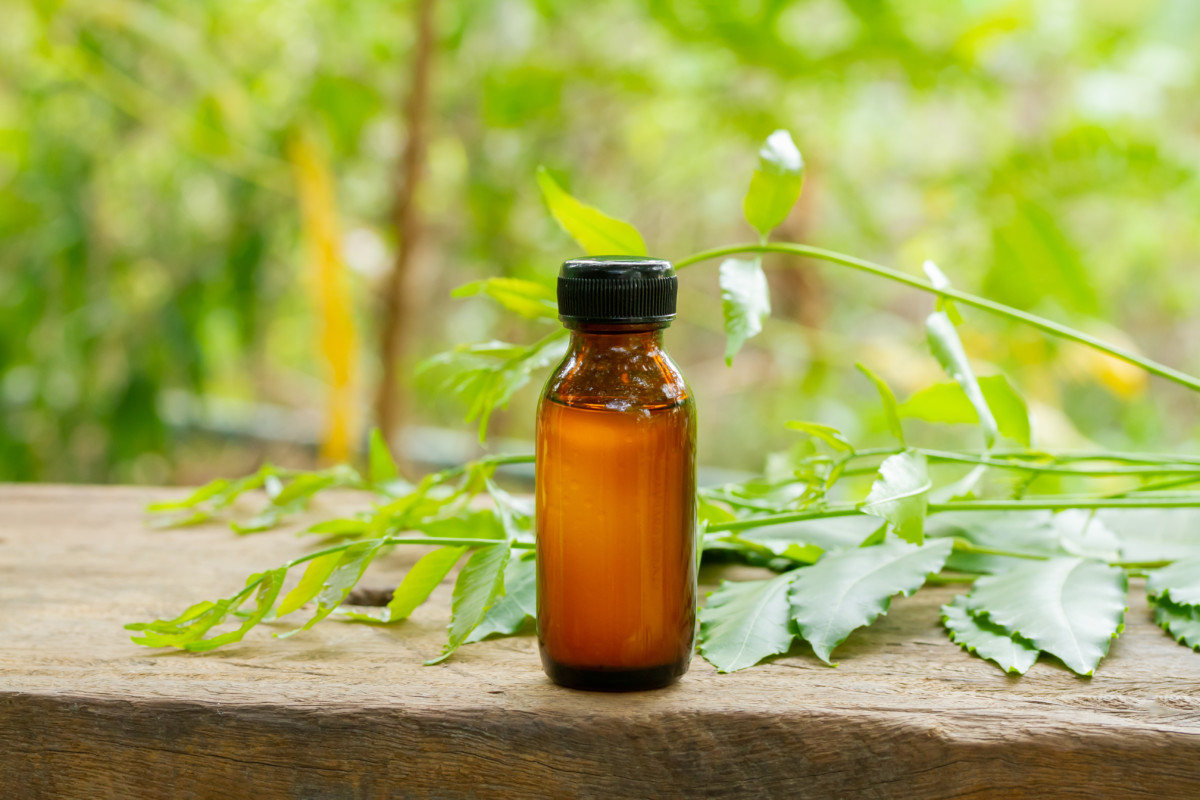 From the leaves to the bark, the neem tree can make for a multi-purpose pharmacy and has even earned the moniker of “nature’s drugstore.” A crucial and well-known part of this staple is that it comes with a host of skincare benefits ranging from acne control to addressing premature aging concerns. However, neem oil doesn’t provide treatment only for acne control, psoriasis, dandruff and eczema but also works on pests and stubborn insects that tend to wander around plants and flowers in the garden.
From the leaves to the bark, the neem tree can make for a multi-purpose pharmacy and has even earned the moniker of “nature’s drugstore.” A crucial and well-known part of this staple is that it comes with a host of skincare benefits ranging from acne control to addressing premature aging concerns. However, neem oil doesn’t provide treatment only for acne control, psoriasis, dandruff and eczema but also works on pests and stubborn insects that tend to wander around plants and flowers in the garden.
In India, for example, neem oil is used as a non-toxic insecticide that can interrupt the life cycle of destructive insects including grub worms. According to an anonymous reply on Quora, “Neem oil works by causing destructive insects (those that eat our plants)…to “forget” to eat…to cease laying eggs…and to fertilize those eggs. As the older insects die off…there are no “youngsters” to cause problems.”
Add Fish in the Soil
 I’m referring to fish fertilizer!
I’m referring to fish fertilizer!
Fish fertilization is a very common technique used by life-long gardeners to improve the fertility of the soil. The fish fertilizer is usually made from whole fish or fishing industry byproducts including scales, bones and skin. Instead of letting unusable fish products go to waste, these items are used to improve soil health, make plants stronger and make them more resistant to pests and disease. This technique is not only favored because of it being an organic option, but also because fish fertilizer is high in potassium, nitrogen, magnesium, calcium and phosphorus.
However, keep in mind that using too much fish fertilizer can burn the plants and affect their growth. To learn more about using fish fertilizer, click here.
Don’t Use Black or Dark-Colored Pots Outdoor
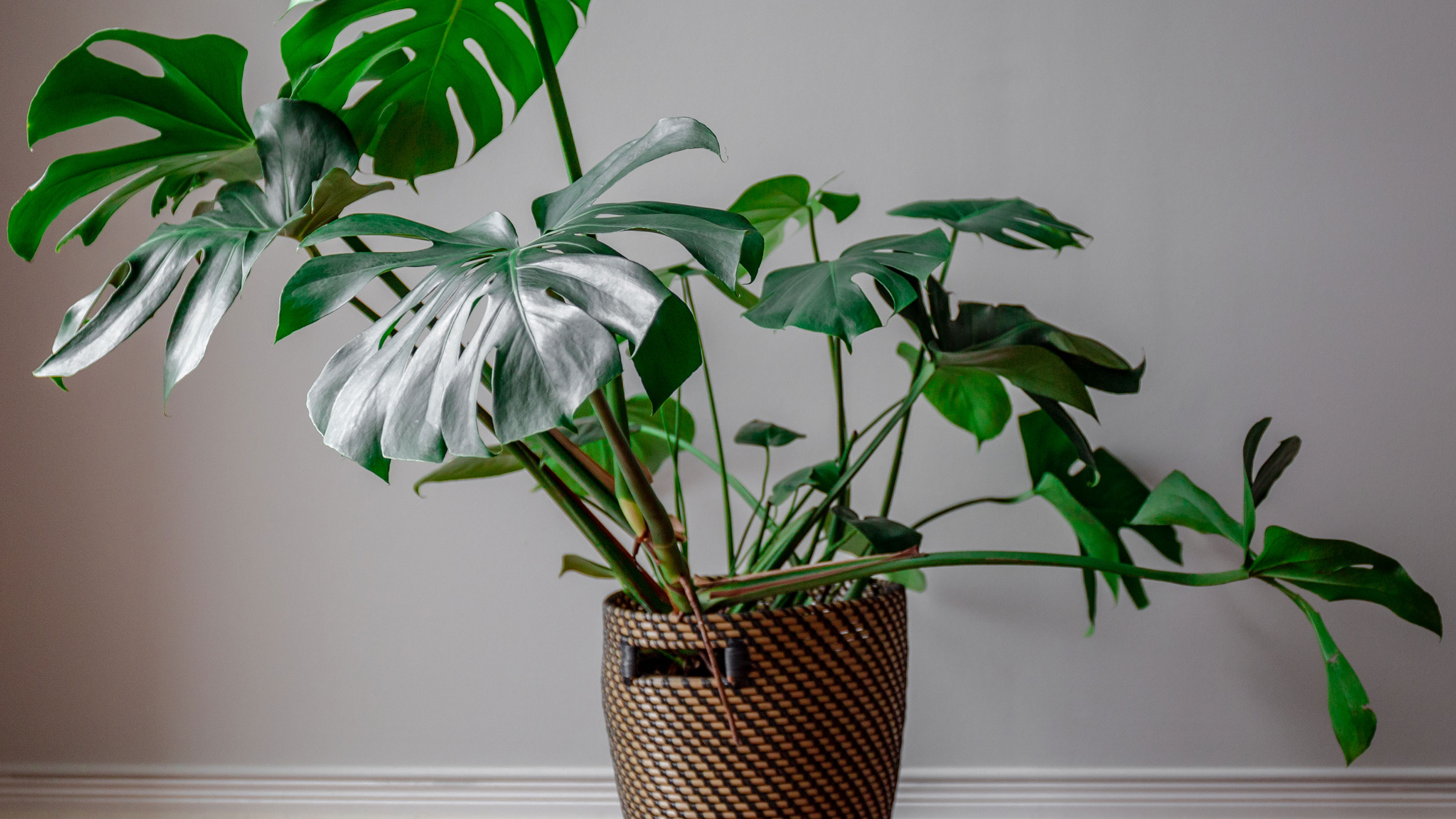 Studies have found that containers or pots in darker colors like black can absorb heat more and heat the soil, which will consequently affect the tender roots of plants. For example, in a study, researchers grew bush beans in white and black containers. Soil temperatures of the two containers were different, with the highest in the black container and the lowest in the white pot. Furthermore, the plant in the white container was said to be healthier than the one in the black pot.
Studies have found that containers or pots in darker colors like black can absorb heat more and heat the soil, which will consequently affect the tender roots of plants. For example, in a study, researchers grew bush beans in white and black containers. Soil temperatures of the two containers were different, with the highest in the black container and the lowest in the white pot. Furthermore, the plant in the white container was said to be healthier than the one in the black pot.
To learn more about the importance of the color of plant pots, click here!
Always Store Seeds in Refrigerator
 If you live in a country with a usually humid and warm climate, I don’t recommend storing the seeds outdoors. It is strongly advised to store them in an air-tight container and keep them in your refrigerator.
If you live in a country with a usually humid and warm climate, I don’t recommend storing the seeds outdoors. It is strongly advised to store them in an air-tight container and keep them in your refrigerator.
Don’t Get Rid of Beneficial Insects
 Bad bugs will destroy your plants and affect their growth. However, there are certain beneficial insects that keep the bad bug population in check. Some of these beneficial insects include honeybees, butterflies, leafcutter bees, ladybugs, praying mantids, ground beetles, robber flies and green lacewings.
Bad bugs will destroy your plants and affect their growth. However, there are certain beneficial insects that keep the bad bug population in check. Some of these beneficial insects include honeybees, butterflies, leafcutter bees, ladybugs, praying mantids, ground beetles, robber flies and green lacewings.

